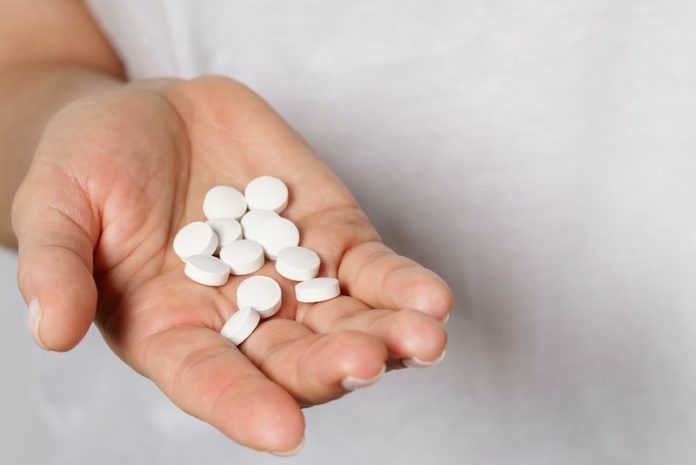
In a new study, scientists warn us: taking too many antibiotics might make COVID-19 worse.
The study was led by scientists from the University of Manchester and also involved researchers from the Universities of Oxford and Leeds.
What Did the Study Find?
The scientists discovered that if you’ve taken a lot of antibiotics in the past three years, you might have a harder time if you catch COVID-19. You could end up in the hospital, or even die.
If you’ve taken different kinds of antibiotics, you’re more likely to end up in the hospital with COVID-19.
If you’ve been in the hospital and have taken a lot of antibiotics, your chances of dying from COVID-19 are 1.34 times higher than someone who hasn’t taken antibiotics.
If you’ve taken a lot of different antibiotics, you might have a rougher time in the hospital with COVID-19.
Patients who have taken a lot of antibiotics, and different kinds, had 1.8 times higher chances of needing hospital care compared to those who haven’t taken antibiotics.
How Did They Do the Study?
The researchers used a system called the NHS OpenSAFELY platform. This system let them look at the health records of people from February 2020 to December 2021.
They looked at the records of 0.67 million patients who had caught COVID-19 out of 2.47 million eligible patients.
Among these patients, 98,420 had to go to the hospital, and 22,660 died. The doctors had prescribed 55 different kinds of antibiotics.
The researchers grouped these patients based on how severe their COVID-19 symptoms were and how many antibiotics they had taken in the past three years.
What Does This Mean?
According to Professor Tjeerd van Staa from the University of Manchester, people who had taken a lot of antibiotics were more likely to have severe COVID-19 symptoms. This includes needing hospital care or even dying.
Taking a lot of different antibiotics also increased the chances of needing hospital care due to COVID-19. One reason for this could be that taking antibiotics often could make people more prone to getting infections.
Antibiotics can also change the bacteria in our gut. This change could affect our metabolism and immune function.
Our gut bacteria usually bounce back after we stop taking antibiotics, but taking them often could cause long-term changes.
What Should We Do?
Dr. Victoria Palin from the University of Manchester warns that taking antibiotics often may not help prevent infections and can be unsafe. There needs to be more awareness about the dangers of long-term antibiotic use.
She advises doctors to be more careful about prescribing antibiotics for infections that could get better on their own.
She also suggests that patient leaflets should highlight the risks of taking antibiotics and the danger of bacteria becoming resistant to antibiotics.
If you care about Covid-19, please read studies about new ways to prevent the common cold (and maybe COVID-19), and common diabetes drugs linked to less severe COVID-19.
For more information about health, please see recent studies about COVID infection and vaccination linked to heart disease, and results showing extracts from two wild plants can inhibit the COVID-19 virus.
The study was published in eClinicalMedicine. Follow us on Twitter for more articles about this topic.
Copyright © 2023 Knowridge Science Report. All rights reserved.



